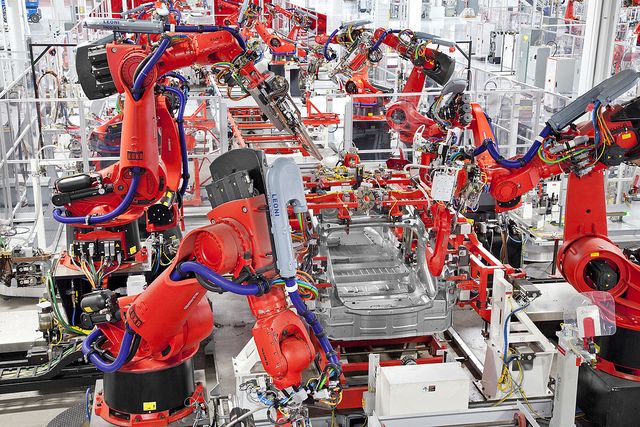
Ever faster processors, cheaper sensors, abundant open-source code, ubiquitous connectivity, and the advent of 3D printing are some of the forces behind the recent proliferation of robots. As I see things, these forces will only get stronger, and as more robots become part of our lives—in homes, offices, factories, hospitals, and many other places—we’ll inevitably face challenges involving our adoption and use of robots.
Some observers are voicing their fears about a decline in human-human interaction, while others warn of an irreversible and senseless loss of jobs, with robots taking over tasks that, they argue, should not be performed by machines (such as caring for the elderly). Trade-offs will certainly be part of our growing reliance on robotics and automation. And it will be up to us to manage these trade-offs, just as we have with other technologies such as electricity, the automobile, aviation, nuclear power, computers, and the Internet.









Comments are closed.